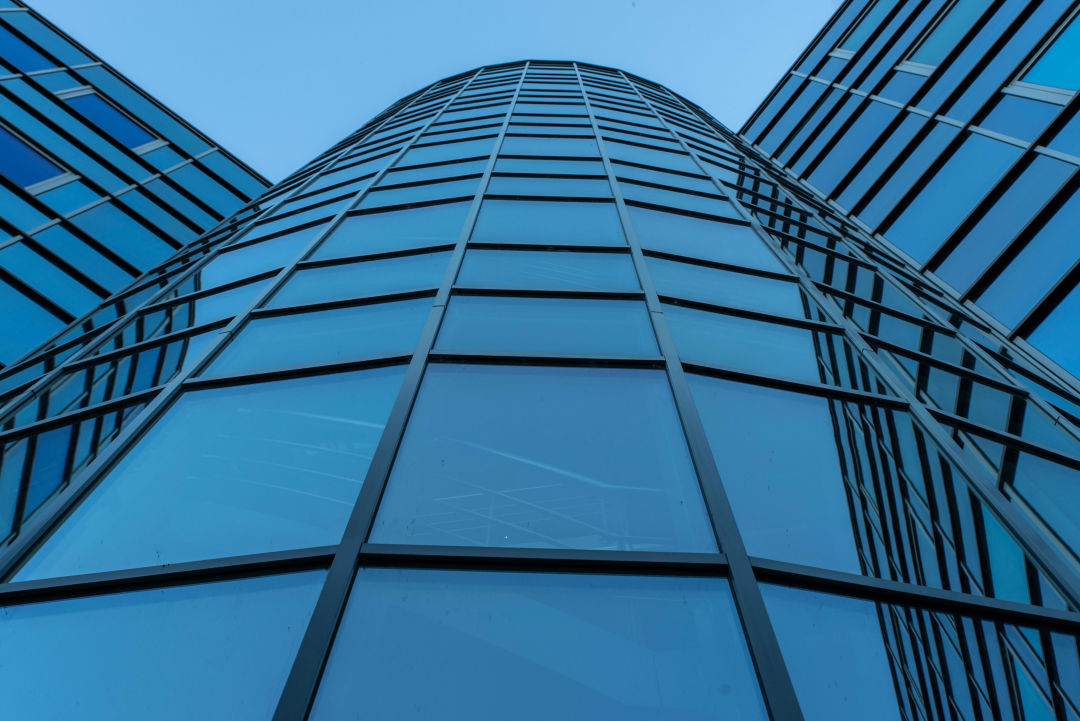Why Metal Building Owners Are Prioritising Insulation More Than Ever

Image: Jan van der Wolf/Pexels
In recent years, the trend among metal building owners has shifted significantly towards prioritising insulation. This is not just a matter of comfort; it's integral to efficiency, sustainability, and sound investment. As many owners are learning, effective insulation can lead to long-term savings and improved functionality of their metal structures.
Energy Efficiency: The Driving Force
Energy costs are a major concern for businesses today. The rise in energy prices has pushed owners to seek ways to minimise overhead while maintaining operational efficiency. Insulation plays a crucial role in this equation. It helps regulate internal temperatures, reducing the reliance on heating and cooling systems—a crucial aspect in a country with varied climate conditions like the UK.
• Thermal Resistance: Insulating metal buildings offers excellent thermal resistance, which helps in maintaining a consistent internal temperature. This is particularly important for businesses that rely on specific climate conditions for their operations.
• Energy Savings: High-quality insulation can significantly decrease energy bills. According to various studies, energy-efficient buildings can save up to 30% on heating and cooling costs.
By effectively managing temperature, insulation allows metal buildings to remain enjoyable environments for employees, customers, and equipment alike. It also supports efforts toward sustainability, as high energy consumption often translates to a larger carbon footprint.
Using advanced materials and techniques can enhance insulation efficiency even further—an area where companies like bluetexinsulation.com have established a solid reputation. Their innovative solutions offer significant enhancements in energy efficiency, resulting in cost savings and lower environmental impact.
The Importance of Soundproofing
Beyond thermal regulation, insulation helps mitigate noise, a significant concern in both industrial and commercial settings. Metal buildings, known for their echoing characteristics, can become disruptive workplaces if sound isn’t adequately controlled.
Types of Insulation Solutions
1 Fibreglass Insulation: Often used in metal buildings, fibreglass is known for its excellent sound-absorbing qualities while also providing thermal resistance.
2 Spray Foam Insulation: This option expands and fills cracks or gaps, creating a tight seal that improves both thermal resistance and soundproofing capabilities.
3 Reflective/Radiant Barrier Insulation: For buildings exposed to extreme temperatures, reflective barriers can effectively reduce heat gain, particularly in warmer climates.
By choosing the right type of insulation, building owners not only benefit from thermal control but also create quieter, more productive environments.
Sustainability and Compliance
As consumer awareness of environmental issues grows, regulatory standards are tightening. Many governments are mandating energy efficiency measures, and building owners who invest in insulation can find themselves ahead of the curve.
• Building Regulations Compliance: In the UK, many building regulations now require certain energy performance standards. Proper insulation is a key factor in meeting these requirements.
• Sustainability Certification: Buildings that attain green certifications often require specific insulation standards to be met. Owners aiming to achieve recognition for sustainability can benefit significantly by investing in high-quality insulation.
The environmental benefits of effective insulation extend beyond compliance—they can lead to better market positioning. Businesses that show commitment to sustainability often attract eco-conscious clients, enhancing their brand reputation.
Return on Investment
While the initial outlay for quality insulation can seem daunting, the long-term return on investment is impressive.
• Longevity of the Structure: Adequate insulation can help protect a metal building’s structural integrity. By minimising temperature extremes, insulation limits the potential for rust and corrosion, extending the life of the building.
• Resale Value: Buildings that are energy-efficient tend to command higher resale values. Prospective buyers are more likely to invest in properties that offer reduced operating costs due to effective insulation.
Metal building owners who invest wisely in insulation solutions not only see immediate benefits but also position themselves for greater future gains.
Evolving Technologies and Materials
The market for insulation is ever-evolving. With advances in material science, new options continue to emerge that promise better performance with smaller footprints.
• Nanotechnology: Innovations in nanotechnology are leading to the development of thinner, more effective insulation materials that can significantly improve thermal performance.
• Recycled Materials: Some insulation options are now made from recycled materials, appealing to owners looking to enhance their sustainability credentials.
These advancements are driving down costs while increasing the efficiency and effectiveness of insulation. Consequently, informed building owners are increasingly exploring these options to ensure they are maximising their investment.
Conclusion: An Essential Component for Modern Metal Buildings
As the landscape of building ownership continues to shift, insulation has transitioned from an afterthought to a priority. Metal building owners are recognising that effective insulation is not only crucial for energy efficiency and cost savings but also for complying with regulations and enhancing overall workplace comfort.
By embracing a proactive approach to insulation, metal building owners can create competitive advantages in operational efficiency, environmental sustainability, and brand reputation. Tapping into available solutions, such as those found at Bluetex Insulation, can furthermore streamline this transition, ensuring that modern metal buildings remain at the forefront of innovation and utility.
In a world where effective space management, energy savings, and sustainability become increasingly vital, investing in insulation isn't merely sensible; it’s essential.